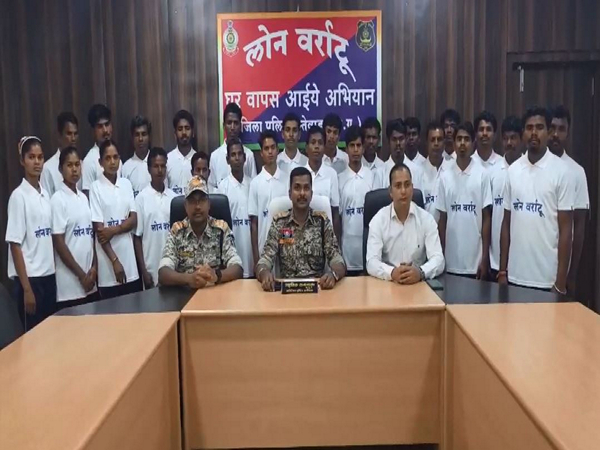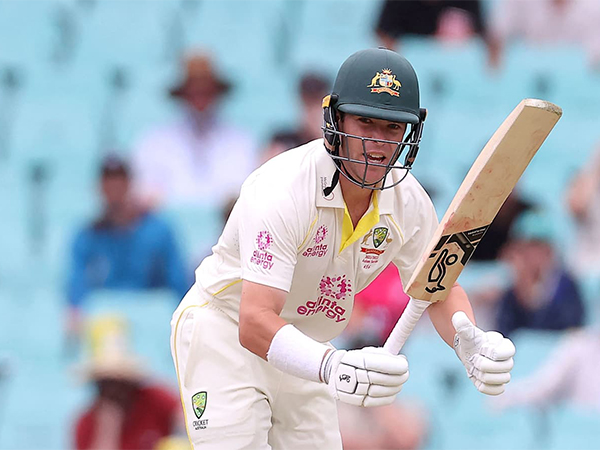Justice NV Ramana to assume charge as next Chief Justice of India on April 24
Apr 06, 2021

New Delhi [India], April 6 : President of India Ram Nath Kovind has appointed Justice NV Ramana as the next Chief Justice of India.
Accepting the recommendation made by the outgoing Chief Justice of India SA Bobde, retiring on April 23, the President has appointed Justice Nuthalapati Venkata Ramana as the 48th CJI.
Justice Ramana will take oath as 48th Chief Justice of India on April 24 and will have a term till August 26, 2022.
The warrant of appointment as CJI, with effect from April 24, was handed over to Justice Ramana by Secretary, Department of Justice on Tuesday.
Justice Ramana, born in an agricultural family on August 27, 1957, is a first-generation lawyer and hails from Ponnavaram Village, Krishna District in Andhra Pradesh.
He enrolled as an advocate on February 10, 1983 and practiced in the High Court of Andhra Pradesh, Central and Andhra Pradesh Administrative Tribunals, and the Supreme Court of India in Constitutional, Civil, Labour, Service and Election matters.
During his practice years, he had served as an Additional Advocate General for the State of Andhra Pradesh.
Justice Ramana was appointed as a permanent judge of the Andhra Pradesh High Court on June 27, 2000. He also functioned as acting Chief Justice of Andhra Pradesh High Court from March 10, 2013 to May 20, 2013.
Thereafter, he was transferred to Delhi as its Chief Justice before he elevated to the Supreme Court. As a Chief Justice of India, he would have a tenure of sixteen months.
He has been the judge in the Supreme Court since February 17, 2014. He has also served as the Executive Chairman of the National Legal Services Authority (NALSA) since November 27, 2019.
Justice Ramana had also worked as a journalist for a leading Telugu newspaper for a brief time before becoming a full-fledged lawyer.
As a Supreme Court judge, Justice Ramana rendered many major judgments including to brought an end a year-long internet ban in Jammu and Kashmir in 2020 after the abrogation of Article 370 of the Constitution in August 2019.
Justice Ramana had said that the Internet ban in Jammu and Kashmir without limiting it to a particular duration is not only a violation of the telecom rules but also of the freedom of speech and expression granted by the Constitution.
In another judgement, Justice Ramana breathed transparency into the office of the Chief Justice of India and brought it under the ambit of the Right to Information Act.
In Shiv Sena vs. State of Maharashtra case, his judgment to conduct a floor test paved way for reducing horse-trading.
He gave a judgement directing that the pending corruption cases against politicians were to be decided in a time-bound manner..

















